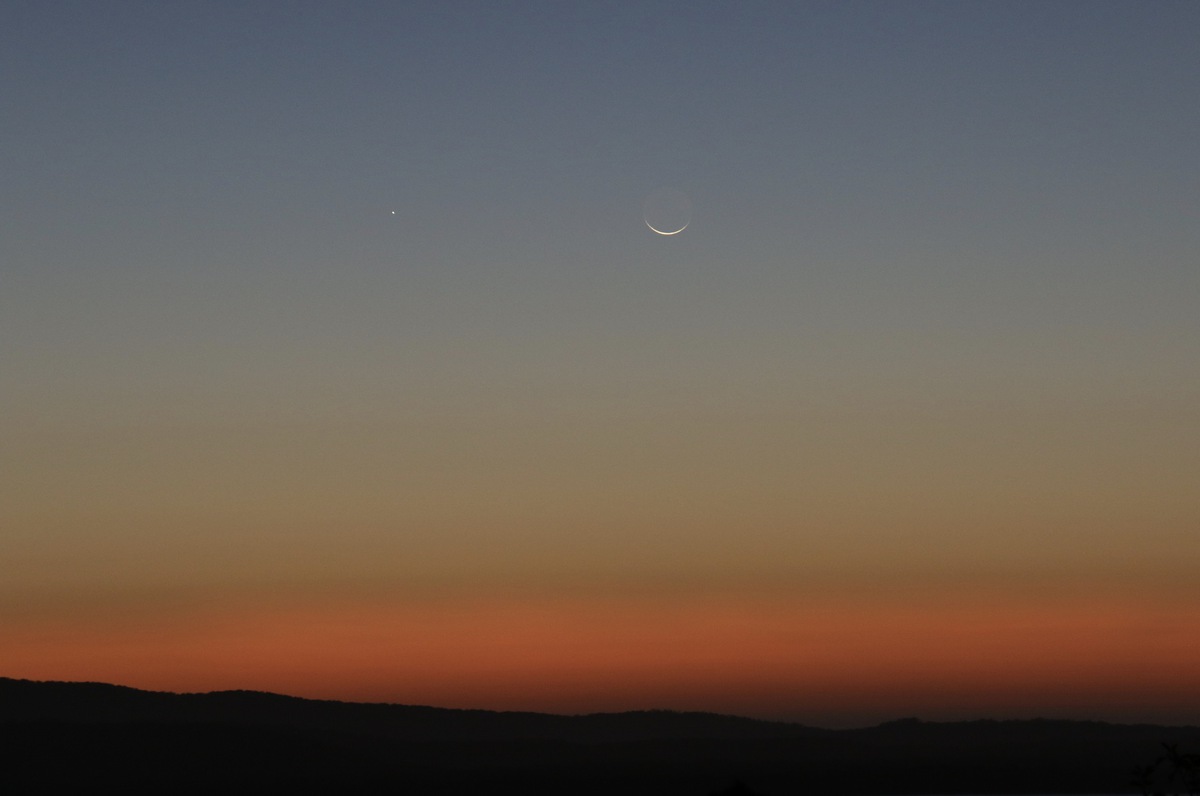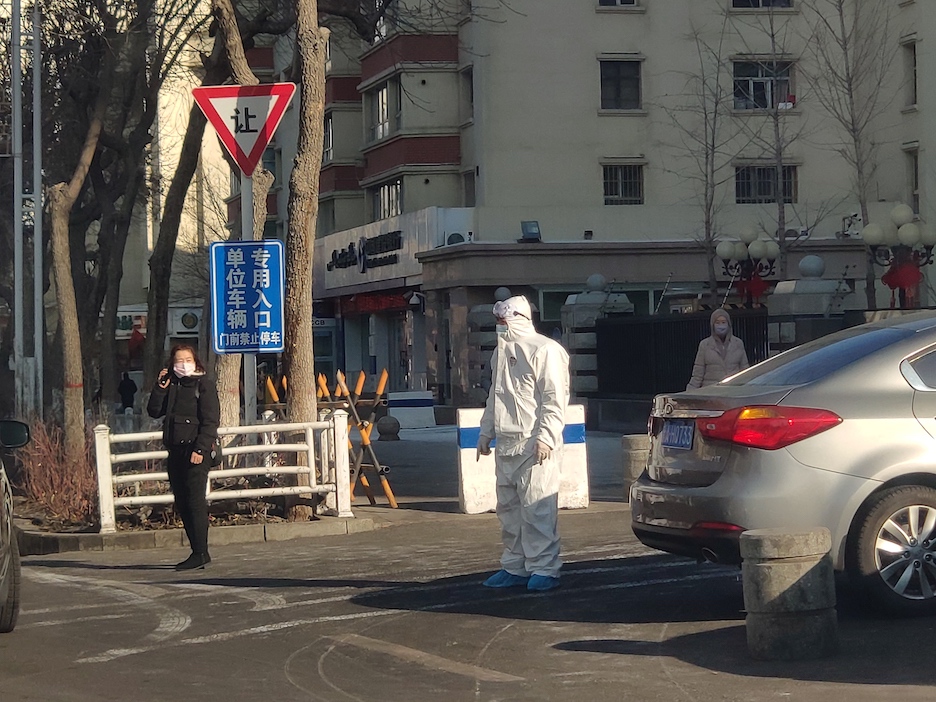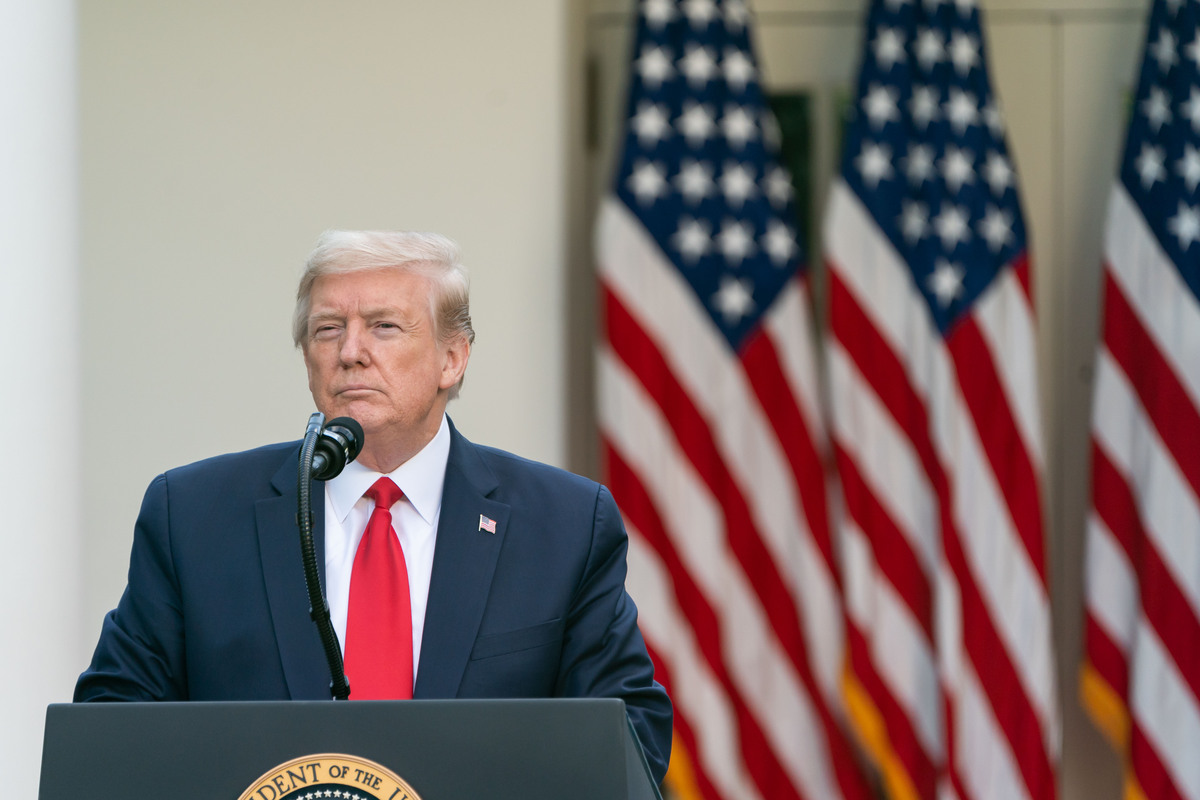A socially-distanced Ramadan
With Ramadan just around the corner, Muslims all around the world will face difficulties in religious practices and going back to their home country during the COVID-19 pandemic. Many Muslims are relying on worship at home and online religious classes, along with planning virtual interfaith iftars, an evening meal in which people end their fast at sunset.
While many have been praying that the pandemic would be lifted before this holy month, Texas-based imam Omar Suleiman feels the current situation may present an opportunity for growth. “Now we have a chance to develop empathy with those that have not had access to their religious spaces due to oppressive circumstances,” Suleiman said to PBS.
“It’s very sad,” Seattle resident Maggie Mohamed said to PBS. “We were very excited. [But] I don’t take it as a punishment. I take it as a wake-up [call].” Mohamed was looking forward to going back to Egypt for Ramadan—however, with the spread of the pandemic, she is unable to have friends and relatives over for a potluck iftar, the breaking of the fast.
Rahaf Alhusainan, an international student from Kuwait at Portland State, said “usually my family breaks their fast on the first day of the fasting month with the rest of the family, like my aunts, uncles and cousins. Also, three times a week we break our fast with my grandparents.”
“Corona has impacted everyone of course, but especially during this Ramadan, my family won’t be doing the usual gatherings, and there’s also a curfew in Kuwait.”
According to Worldometers, Kuwait has 3,075 cases, with 806 recovered and 20 deaths as of April 26.
“Kuwait’s government is doing a great job,” Alhusainan said. “The government asked Kuwaiti citizens to go back home, because if we’re living and studying abroad, their government would not prioritize us first.”
Jerusalem’s Al-Aqsa mosque will also be closed throughout the month of Ramadan due to the pandemic. Jerusalem Islamic Waqf, the Jordanian council that monitors religious sites, said the decision was “painful,” according to Al Jazeera.
Israel reported 140 deaths and approximately 12,600 cases of coronavirus according to Al Jazeera. The Palestinian Authority recorded two deaths and nearly 400 cases in the West Bank and Gaza. All mosques in Gaza have been closed since March 25, and in the West Bank since March 14.
During this time of uncertainty, religious holidays from different religions must be adapted to handle familiar rituals and celebrations differently. Mohamed has struggled to work around the pandemic’s restrictions, as she always looks forward to the special Ramadan prayers, known as “taraweeh,” at the mosque and now she would just pray at home.
In Iran, Supreme Leader Ayatollah Ali Khameini also reminded citizens to “remember to heed your prayers and devotions in your lonesomeness.” Mass gatherings are banned for the duration of the month, as the country is currently suffering one of the world’s worst outbreaks.
Food insecurity and economic vulnerabilities
The pandemic has affected global supply chains, causing desert nations such as the United Arab Emirates to change the way food is imported. This includes easing requirements for Arabic labeling and extending best-before periods, lowering duties and cramming extra cargo onto flights intended to repatriate citizens, according to Al Jazeera.
As Gulf countries are more exposed to the whims of markets at a time of massive dislocation, food consumption has become an issue, as people prepare big family meals and desserts to break the fast during Ramadan.
In the UAE, which has reported approximately 5,365 cases and 33 deaths, migrant blue-collar workers from Southeast Asia in the country’s construction and service sectors would be the most vulnerable community to price swings or shortages due to losing their jobs.
In countries in Southeast Asia such as Malaysia, Brunei and Singapore, Ramadan bazaars where vendors sell food and drinks in open air markets and roadside stalls were banned. PBS reported vendors were bringing their businesses online through apps or other digital platforms during the upcoming fasting month.
A trader in Malaysia’s southern Johor state, Mohamad Fadhil, said he was not able to do business at the bazaar, but just had to “be patient and follow orders” from the government.
Souad Selim, an Egyptian citizen, reminisced about what all the changes this year mean for a cherished Ramadan ritual. “It’s hard to describe how much goodness and blessings Ramadan brings,” Selim told PBS.
As the Ministry of Religious Endowments decided to suspend communal activities, even mass charity iftars around mosques in Egypt, Selim won’t be able to hand out meals on the streets.
Daniel Moshashai, a geopolitics and infrastructure analyst for the Middle East at Castlereagh Associates, told Al Jazeera “policymakers are likely to double-down on tech-based solutions following the end of the crisis…technology will help in the much-needed localization, including for food production.”






